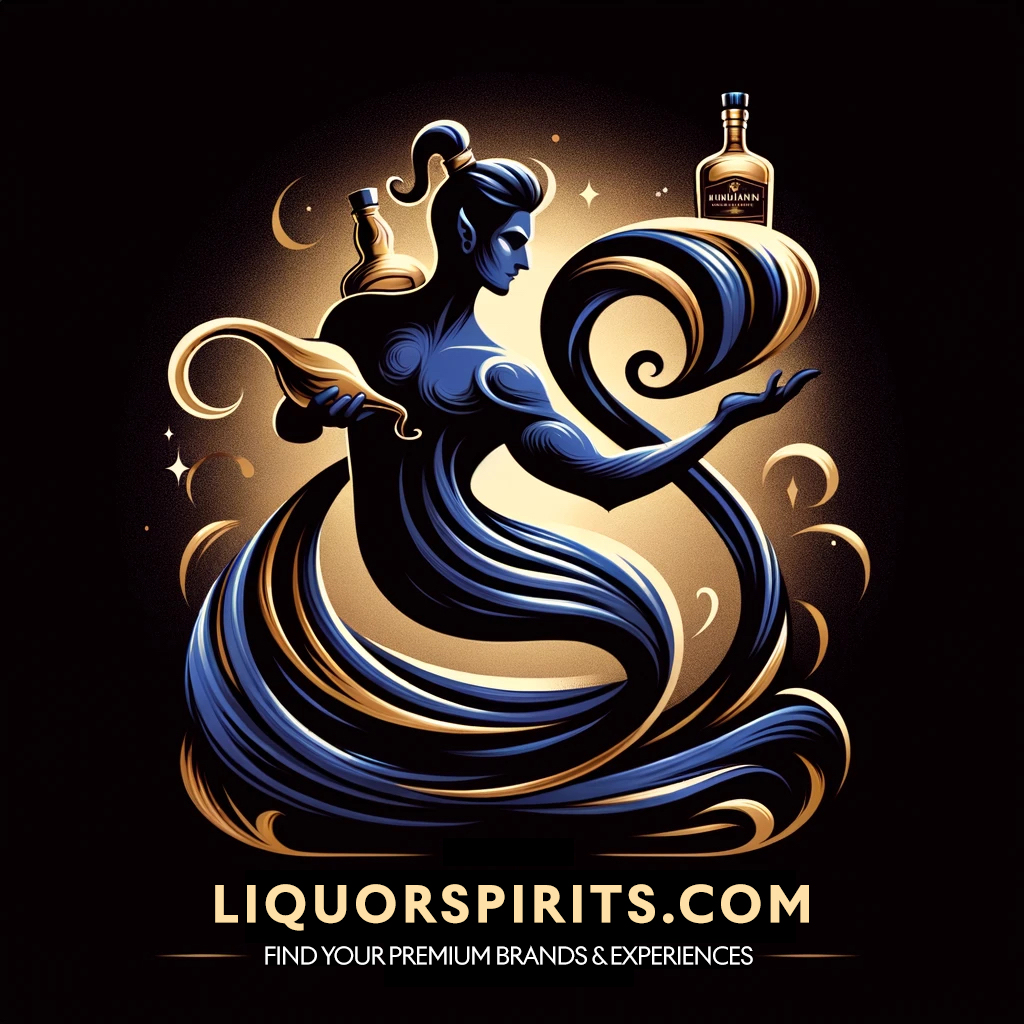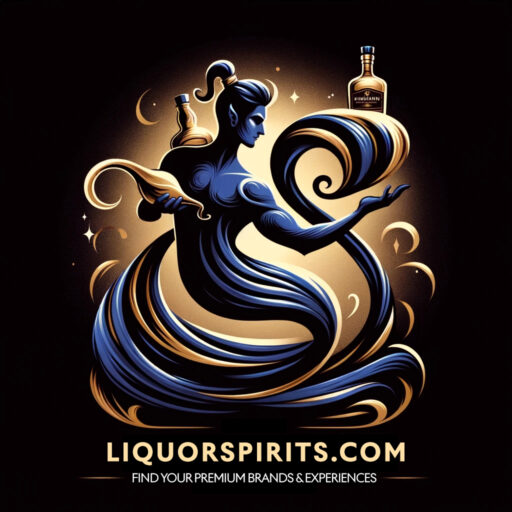Champagne Trends: The Early 2000s vs. 2024
Champagne, the quintessential symbol of celebration, has undergone a fascinating evolution from the early 2000s to the present year, 2024. This journey reflects broader shifts in consumer tastes, sustainability concerns, and technological advancements. As we pop open the metaphorical bottle on this topic, let’s explore the effervescent world of champagne trends over the last two decades.
The Early 2000s: The Era of Big Brands and Sweet Tastes
The turn of the millennium was marked by a global fascination with luxury and opulence, mirrored in the champagne preferences of the time. The early 2000s saw the dominance of big champagne houses like Moët & Chandon, Veuve Clicquot, and Dom Pérignon. These brands were celebrated not just for the quality of their champagne but also for their status as luxury symbols.
Sweetness Reigns Supreme
During this period, the market leaned towards sweeter champagne styles. The popularity of “Doux” and “Demi-Sec” champagnes, with their higher sugar content, catered to a palate accustomed to richness and sweetness. This preference was especially pronounced in emerging markets, where champagne was gaining a foothold.
Celebration and Exclusivity
Champagne was largely considered a drink for special occasions. The early 2000s continued the tradition of champagne as a symbol of exclusivity and celebration. Limited edition releases and specially designed bottles were highly sought after, often becoming collector’s items.
The Landscape in 2024: Diversity, Sustainability, and Personalization
Fast forward to 2024, and the champagne landscape has shifted dramatically. Today’s consumers are more informed, environmentally conscious, and in search of authenticity and uniqueness.
A Shift Towards Dryness and Complexity
The modern champagne lover gravitates towards “Brut” and “Extra Brut” styles, favoring complexity and dryness over the sweetness of previous decades. This trend reflects a broader appreciation for the craftsmanship behind champagne production, with enthusiasts seeking out champagnes that offer a nuanced tasting experience.
Sustainability Takes Center Stage
Environmental concerns have prompted both producers and consumers to prioritize sustainability. Organic, biodynamic, and sustainably farmed champagnes have surged in popularity, as has the demand for transparency in production practices. Houses like Louis Roederer and Drappier have been lauded for their commitment to eco-friendly practices.
Personalization and Accessibility
In 2024, champagne is no longer reserved for rare celebrations but has found its place in more casual settings, partly due to the rise of champagne bars and the growing trend of pairing champagne with food. Furthermore, personalization has become key, with consumers seeking champagnes that reflect their personal taste and lifestyle. Customized labels and bespoke cuvées cater to this desire for a personal touch.
The Rise of Small Producers
While the big houses continue to hold sway, there’s been a noticeable shift towards small, independent producers. These “grower champagnes,” made by the same people who own the vineyards, are celebrated for their artisanal approach and the unique expression of terroir they offer.
Conclusion: An Evolving Tradition
The journey from the early 2000s to 2024 highlights the dynamic nature of champagne trends. From the sweet preferences and celebration-centric consumption of the early millennium to today’s emphasis on dryness, sustainability, and personalization, champagne has continued to evolve. What remains unchanged, however, is champagne’s enduring status as a symbol of celebration, luxury, and the joys of life.
As we look to the future, it’s clear that the world of champagne will continue to be shaped by the values and preferences of its consumers. Whether through a glass of meticulously crafted grower champagne or a bottle from one of the legendary houses, the essence of champagne—its capacity to bring people together in moments of joy—remains timeless.






